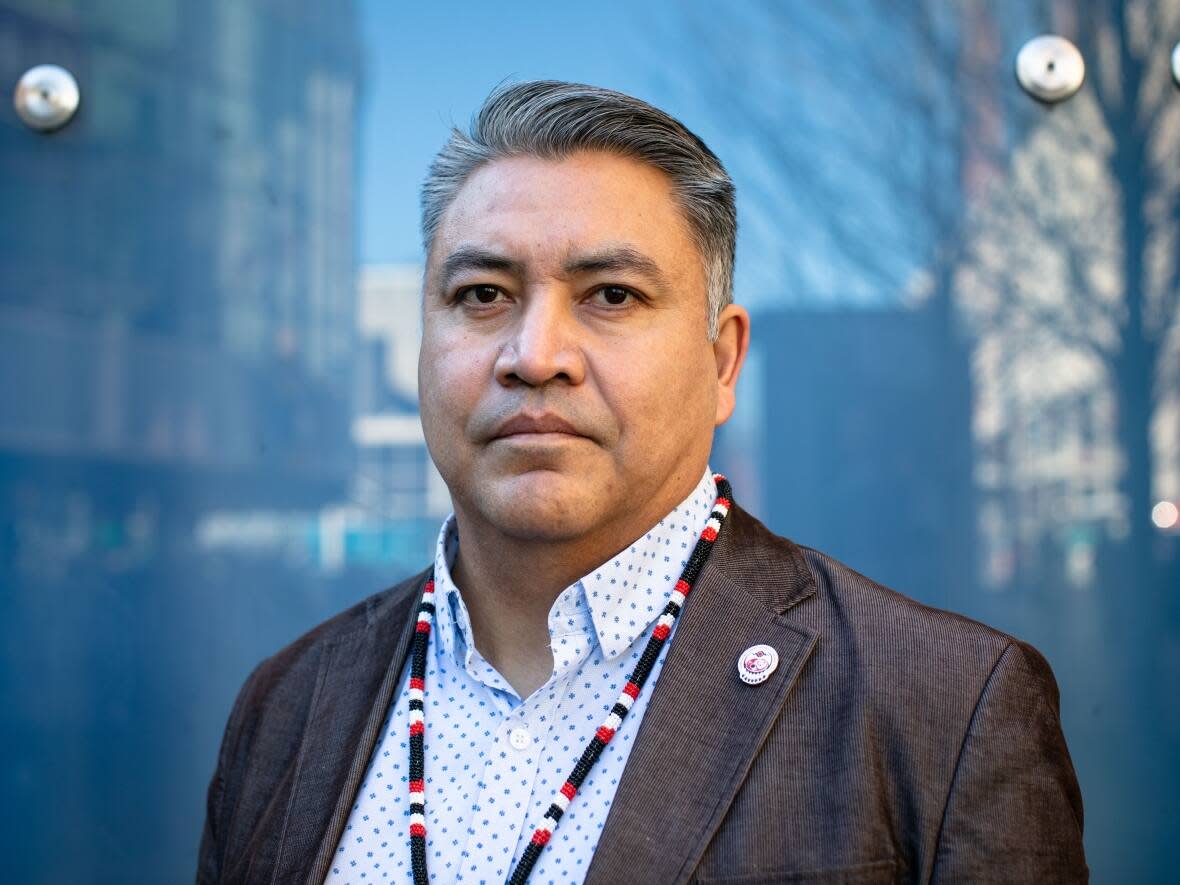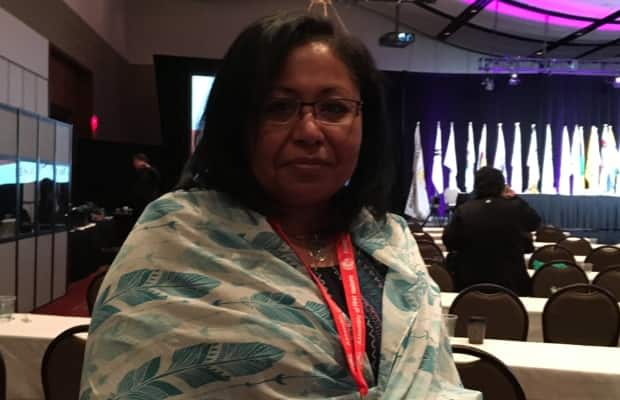B.C. Indigenous leaders 'disgusted' by Ottawa's foster care compensation appeal, as feds vow talks

Leaders from First Nations organizations across B.C. reacted with outrage after the federal government announced late Friday it would appeal the latest court order to compensate former foster kids for discrimination.
Announcing its appeal of the Federal Court decision, Ottawa restated its commitment to reconciliation and redressing decades of unequal funding between Indigenous and non-Indigenous children in care.
But Indigenous organizations in B.C., a province where many Indigenous child welfare battles have been fought and won over decades, questioned how reconciliation could be possible while the government fights in court.
"I was quite upset and disappointed and disgusted really," Cheryl Casimer, political executive of the B.C. First Nations Summit, told CBC News on Saturday.

"I had some difficulty falling asleep just thinking about the decision and how it impacts our children and our families on the ground," she said.
"I still woke up upset. I think that's just going to be the feeling for many of us for quite some time."
Meanwhile, Ottawa says it remains committed to its promises of reconciliation with Indigenous peoples, and that its appeal of the child welfare discrimination ruling is because of objections to the Canadian Human Rights Tribunal overstepping its authority.
The government instead hopes to negotiate an agreement out of court with the parties to right the wrongs of unequal funding, ideally by the end of the year.
"We will work with the parties to put in place an approach that will best serve the children," said Indigenous Services minister Patty Hajdu on Friday. "We will focus squarely on reaching an agreement outside of court and at the table."
A 'stall tactic'
The Federal Court sided with repeated previous rulings of the Tribunal ordering payouts to those impacted by the child welfare system.
The tribunal had ordered the federal government to pay $40,000 to every child in the on-reserve child welfare system since 2006. It was the most the legal body could award.
The government's decision to appeal once again leaves an estimated 50,000 Indigenous children in limbo as they await compensation for what the tribunal ruled was discrimination.
Hajdu said her government will compensate families and survivors of the foster care system. But federal lawyers argued that the court made a mistake when it ruled the tribunal "acted reasonably" when it ordered financial payments to children and families.
First Nations organizations said they are willing to sit down at the negotiating table, but Casimer believes it's just a "stall tactic."
"The appeal right now is on pause in the hope we can come up with some sort of agreement or negotiation," Casimer said.
A national legal battle
British Columbia has been a key province in First Nations' fight for equitable child welfare funding, with several nations in the province taking back jurisdiction and authority over their kids' care.
As well, several Indigenous communities in the province are moving ahead to implement federal Bill C-92, which allows First Nations to assert jurisdiction over child welfare.
For more than a decade, the national legal battle over funding for child welfare services was spearheaded by the First Nations Child and Family Caring Society, led by Cindy Blackstock. Blackstock is Gitxsan, originally from B.C.
"Cindy Blackstock is incomparable, and she's a warrior," Casimer said. "If it hadn't been for her and the efforts of her team, this would never have come to light in the manner that it did."
"They've expended a lot of energy and time fighting the federal government on this matter ... spending 14 years fighting legal battles. It's so unacceptable."
Also leading the case with Blackstock was the Assembly of First Nations. According to Terry Teegee, B.C. AFN's Regional Chief, Friday's federal move was unsurprising but disappointing.
"It's certainly disappointing the federal government chose to take this route," said Teegee in an interview with CBC News. "Rather, we'd like to see them do what the Canadian Human Rights Tribunal said — to pay compensation to our children."
"But I'm not surprised they've taken this position, considering they haven't lived up to 20-plus rulings," he said.
'They have wasted years ... fighting this in court'
Grand Chief Stewart Phillip, president of the Union of B.C. Indian Chiefs, called the Trudeau government's pledge of reconciliation "phony" in light of Friday's legal decision.
In a statement, Phillip said that "instead of choosing to rectify the problem and ensure equitable treatment for First Nations children, they have wasted years and hundreds of thousands of dollars fighting this in court."
"Canada must stop this complete fuddle-duddle," Phillip said, "and instead dedicate itself to providing the resources to end the current First Nations child welfare epidemic."
For Casimer and Teegee, many Indigenous leaders are watching the federal government's offer of a negotiated compensation deal with skepticism. They say if talks fail to produce an equitable result, the court battle is back on with Ottawa.
"They didn't have to do this," Casimer said. "That's work that could have happened already. Pay out the compensation, then negotiate the next part."
"Let's just start with the $40,000 and get that out."


